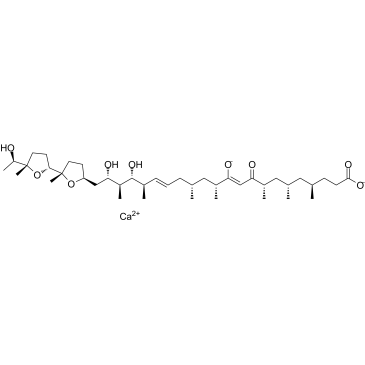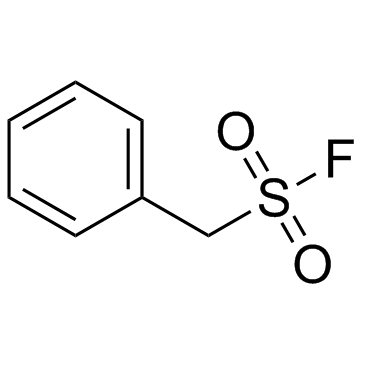| Structure | Name/CAS No. | Articles |
|---|---|---|
 |
Ionomycin calcium salt
CAS:56092-82-1 |
|
 |
PMSF
CAS:329-98-6 |